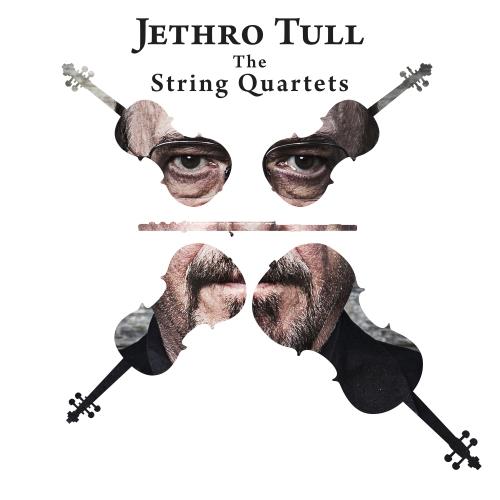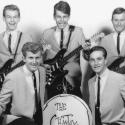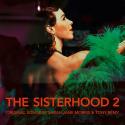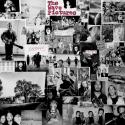On Jethro Tull's classic "Songs from the Wood" Ian Anderson promised "all things refined". And refined the band certain has been. Musically educated, too. For 40-odd years they have specialised in baroque rock and minstrel ballads all served up with harpsichords and flutes. There were even a couple of albums featuring a full orchestra. Yet, notably, string quartets have only made the occasional appearance.
In a way, then, you could say an album like this is actually a little overdue. The thing is, though, Jethro Tull – The String Quartets isn't really a Tull album. Nor is it even really an Ian Anderson LP. For the most part, this is the sound of arranger John O'Hara and the Carducci Quartet. The results are really rather convincing.
That's partly down to the source material. Jethro Tull songs often start with ersatz 16th century melodies which then progressively move towards blues rock. O'Hara, however, pulls it all the other way. "Sossity Waiting", for instance, takes the melodies of "Sossity: You're a Woman" and "Reasons for Waiting" and arranges the flute and strings to sound like the work of an early English composer. Where a heavier more syncopated sound is needed, such as on (Living) "In the Past", it's achieved using slurs up the fingerboard and heavy duty plucking.
For classical purists, of course, the thought of Tull's music becoming even more faux baroque will be horrendous. But actually the album finds its most authentic voice the further it gets away from the originals. This is helped by Ian Anderson's sparing use of his own vocals. One song, in particular, illustrates why too much Anderson wasn't right. "Wond'ring Aloud" – featuring the main man on both guitar and vocals – was, no doubt, included because the original's use of strings virtually inspired the whole project. But it's not a particularly stirring version. Tull fans will be far more taken with the unexpected way O'Hara, Anderson and the Carducci Quartet have reinterpreted "Locomotive Breath". That really is something special.
Overleaf: watch Ian Anderson talking about the String Quartet project















Add comment